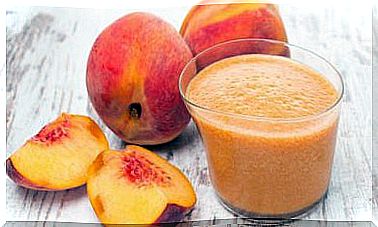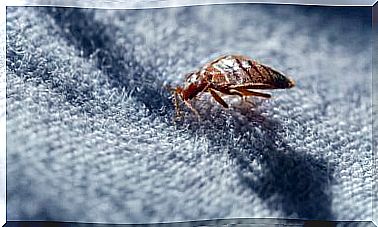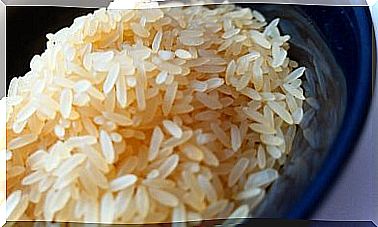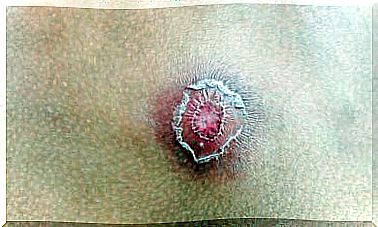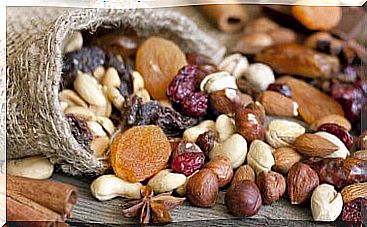5 Changes You Should Make In Your Diet When You Reach 40
When we reach 40 our body undergoes a series of changes, so we must adapt our diet to obtain the necessary nutrients, as well as our customs, to keep us healthy

Are you turning 40 and worried about whether you need to make significant changes in your life? Age should not be an impediment or a reason to take care of your body, although we know that you are no longer all youth and freshness. Just because of this, you should always take care of yourself. However, you need to make some adaptations to your diet when you reach 40.
After 40 not only is it more difficult to lose weight, but also certain health problems begin that you must control. Thinking of helping you to make it easier for you to control these oscillations, we have prepared a list of the changes that you should include. They are simple, so don’t worry too much.
5 changes you should make to your diet when you reach 40
1. Increase your calcium intake
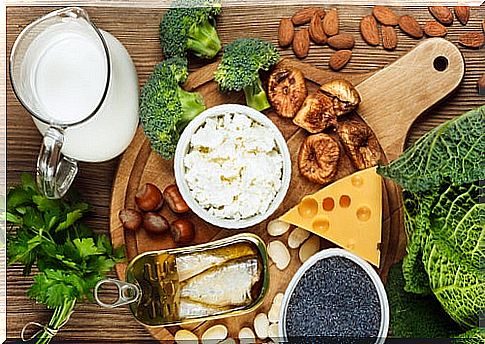
For starters, because estrogen production declines in your 40s, your bones will have a harder time absorbing calcium from food. The problem with this is that it increases the risk of suffering from osteoporosis and fractures that can generate sequelae for the future.
Ideally, you should consume around 1,000 milligrams of calcium a day. . Some options to obtain it are:
- Cheeses They contain between 470 and 850 milligrams of calcium in a 100 gram piece (depending on the type of cheese). Remember that when including it in your dishes you should avoid adding more fat.
- Almonds They provide 250 milligrams of calcium in 100 grams of almonds. It is important that you do not consume almonds without measure, as they are high in carbohydrates and fat.
- Yoghurt. 100 grams of yogurt provide you between 127 and 180 milligrams of calcium. When choosing your yogurt, bet on a natural one and as free as possible from sweeteners.
A good alternative is to make your yogurt yourself at home. This will allow you to prepare it in different shapes and flavors.
2. Eat more protein
When you reach 40 you should also increase your protein intake, as muscle mass decreases as we grow. This means that you can lose weight without wanting to, leaving room for more fat to accumulate.
Therefore, you should include around 30 grams of protein in each meal. The best options are:
- Soy . Contains 37 grams of protein in 100 grams. The ideal would be to consume the grain as such. But if you don’t like it or don’t get it, try tofu or milk.
- Pinions. They provide 14 grams of protein per 100 grams. However, avoid consuming so many pine nuts at one time, as they are high in fat.
- Chicken. We get 30 grams of protein for every 100 grams of lean skinless chicken. The best way to consume it is in preparations with vegetables and with as little fat as possible.
3. Reduce your sodium intake
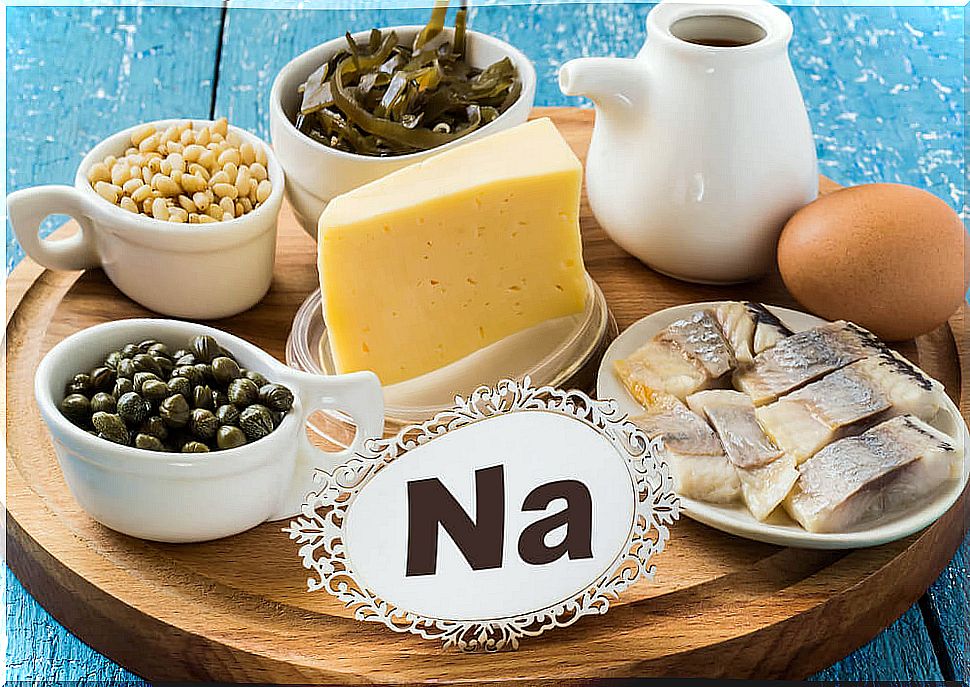
Bloating is a common problem in your 40s or during menopause. To reduce its frequency and severity, it is a good idea to eat little sodium.
The easiest way to do this is to reduce your salt intake. In case you have restricted its use while cooking but inflammation is still a problem, Check the labels of the products you usually eat .
The vast majority contain sodium among their ingredients. Therefore, you should look for the healthiest options or reduce the portions you consume.
Pay special attention to the nutritional value label. There you can see the amount of sodium that this product provides per serving and its weight.
4. Add more antioxidants to your diet
You’ve probably heard a lot about the benefits of antioxidants in your body by now. When you reach 40 you will start to experience problems related to aging, such as skin problems and popping joints.
To reduce the problem try to include:
- Peppers.
- Blackberries.
- Broccoli.
- Strawberries.
- Green Tea.
- Bitter chocolate.
5. Watch your vitamin B12 intake
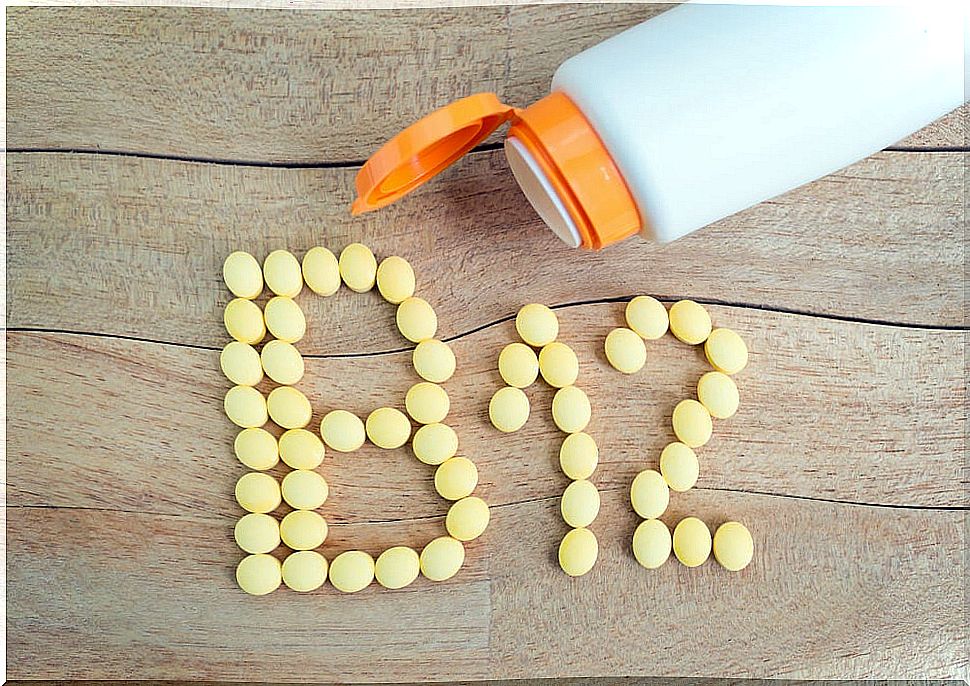
When you reach 40 your body begins to have nervous problems and in the production of blood cells . These two situations are reversed with the adequate consumption of vitamin B12.
- An adult requires about 2.4 micrograms of this vitamin a day, and you can get it from dairy, fish, and eggs.
Other changes to make when you reach 40
In addition to diet, it is important that you improve your lifestyle to ensure that the efforts made in your eating plan pay off. The main ones are:
- Make adjustments to your exercise plan to suit the characteristics of your body . If you’ve noticed joint problems, opt for gentler exercises.
- Get a medical check-up every 6 months . If you’ve always been in good health, you may visit your doctor infrequently. When you reach 40 it is important that you do it more regularly so that you rule out the appearance of diseases.
- Exercise frequently . Keep moving as much as you can. It is enough to perform small actions, such as taking a short walk to the office or taking the dog for a short walk.
Do you already have these habits or do you need to adapt one to your life?

